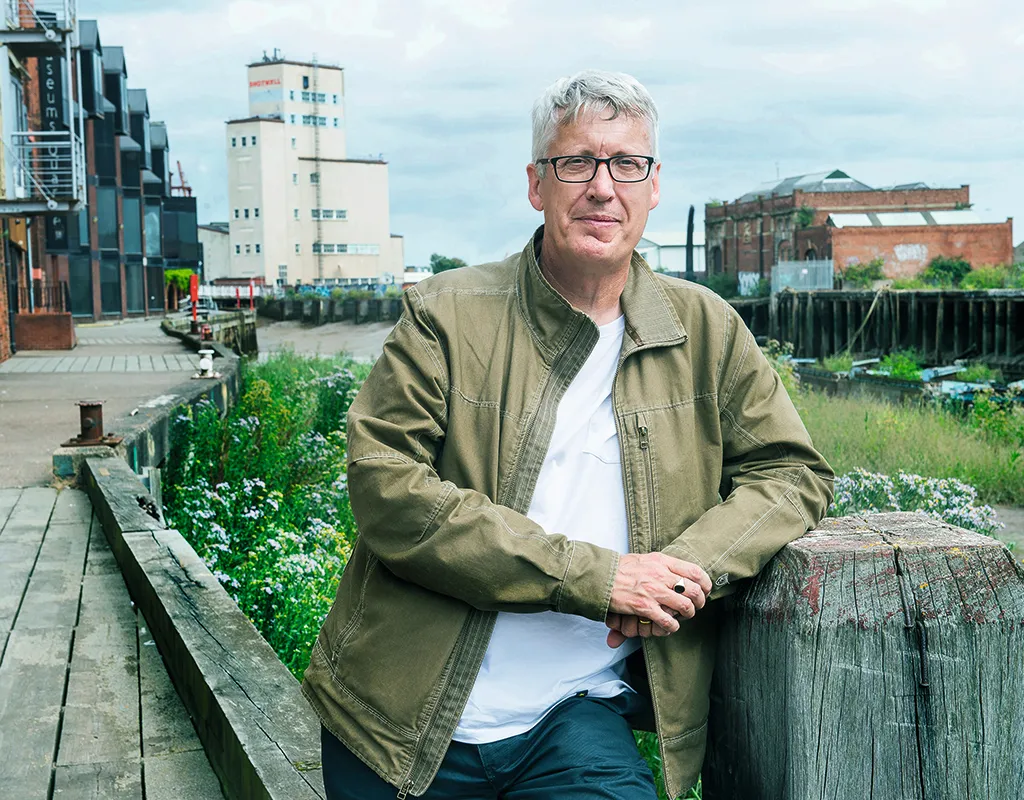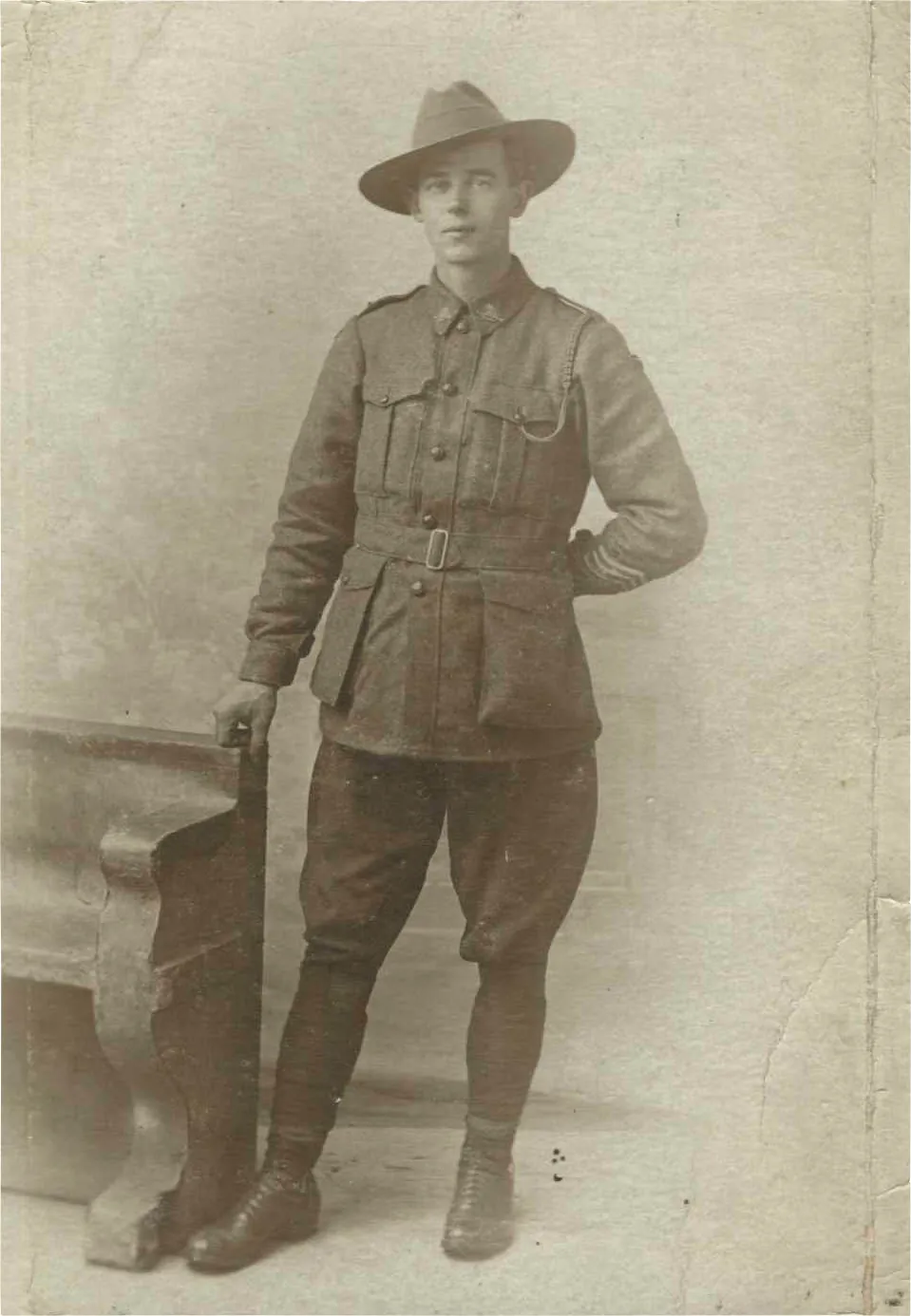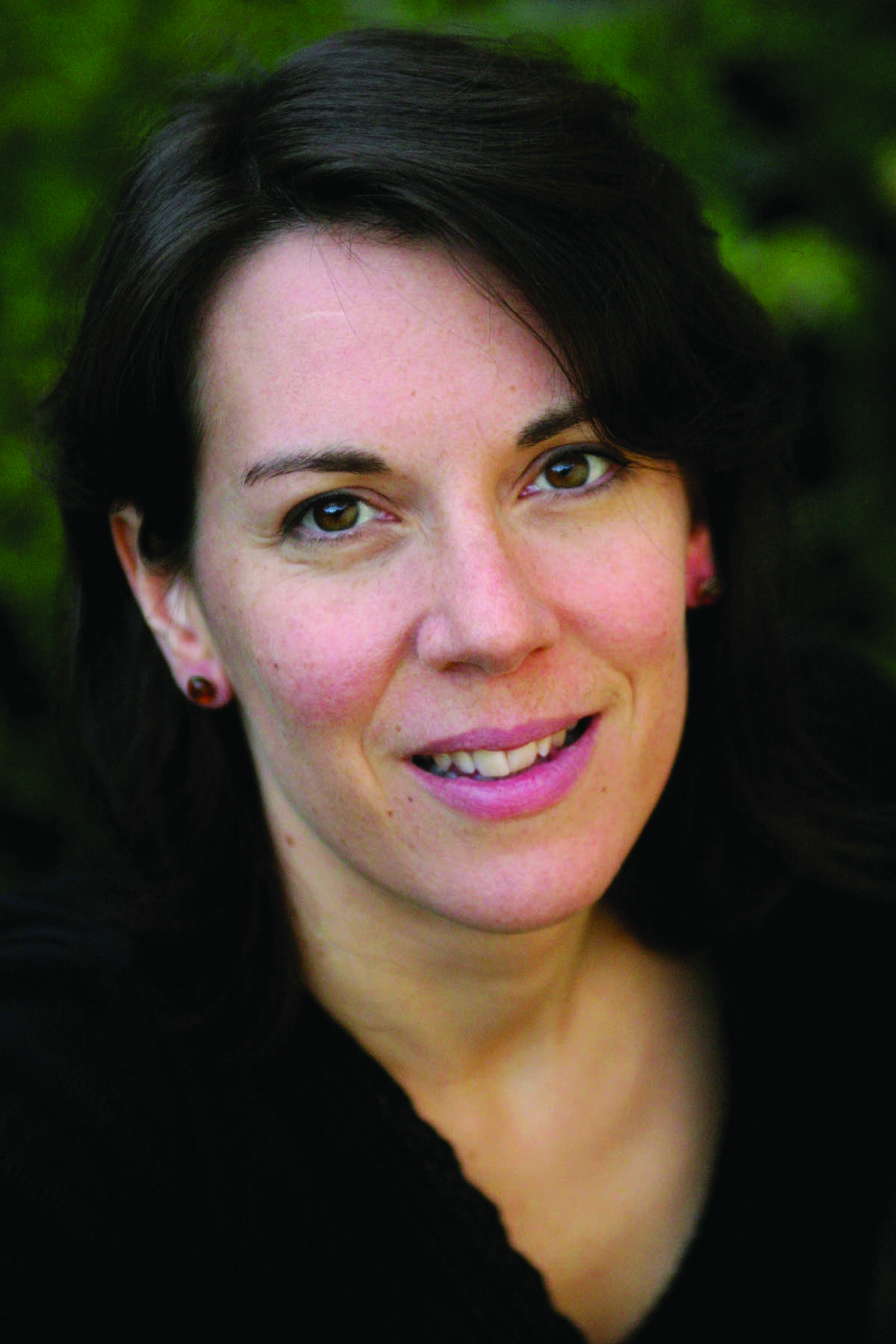Sometime in the early 1910s in a house in one of Hull’s better neighbourhoods, the family of respectable grocer Ben Smith is sitting down to dinner. With them is a visitor, cousin Wilfred. Ben junior, heir to the family business, is showing off. “Their father looked across the table at Ben and said, ‘You thought you were my eldest son, didn’t you? Well, you’re not. He is!’,” pointing to Wilfred. “What Wilfred felt about this revelation, nobody recorded.”
This semi-fictionalised account by Ruth Braithwaite appears in her book The House in Kingston Square (Hutton Press, 1985), one of three that chart her family history. It was what sparked Michael Wrigglesworth’s interest in his Smith relations – and in particular Wilfred, who was the eldest brother of his grandfather Charles. Ruth’s account claims that Wilfred, born an illegitimate child, was exiled to Lancashire to be brought up by relatives of his mother Fanny (Frances) Collinson. Michael has managed to tease out the truth from the fiction during his research.
“I knew from the family that Wilfred had emigrated to Australia, to Melbourne. For years I wondered what had happened to him,” says Michael, who lives in Pudsey near Leeds.

“My grandfather died when I was at university. I knew him well, and he was a very interesting man. He used to tell me lots of stories about his seafaring days in the Merchant Navy during the First World War, but never talked about his brothers and sisters.”
Michael fleshed out Wilfred’s early life using census records and birth, marriage and death records. His unmarried parents were Ben Smith and Fanny Collinson, aged 17 and 19 when he was born. “On his birth certificate, it shows his mother but no father. Maybe because Ben was from a wealthy and prominent family of Primitive Methodists in Hull, and they were pretty strict. This would have brought great shame on them.” Michael believes that if Wilfred had been born after his parents had married, he would have been named Ben Smith – like his father and grandfather – and would have inherited the family business.
Ben and Fanny did eventually marry, but this didn’t help Wilfred. Contrary to Ruth’s belief that he was exiled to Lancashire, the census suggests that he was sent north-east to live with his great uncle’s family and grew up in West Hartlepool.
“In the 1901 census, he’s listed as ‘nephew’, then in 1911 it records him as a lodger and an apprentice at a local engineering company. Not long after, the family who had brought him up emigrated to Canada and he was left behind as a teenager, alone in West Hartlepool,” says Michael. “But by 1914, he had decided to emigrate to Australia.” Interestingly, he went out there with his mother’s younger brother John Henry Collinson, who was the same age. “So there must have been some contact maintained with his family in Hull.”
Wilfred’s life after he left for Australia might have remained a mystery had it not been for one thing. In 2011, quite by chance, Michael spotted a post on genealogy forum GenesReunited from a ‘Wilma’ asking for information about the Smith family of Hull. He replied, but thought nothing more about it until he received an answer almost a year later from Susan Edwards (née Collinson), Wilma’s daughter and Wilfred’s granddaughter. “It went on from there, and we’re still in touch.”
In 2011, Michael spotted a post on GenesReunited asking for information about the Smith family of Hull
Michael discovered that Wilfred had married a woman called Carline Aminde in Australia, and had had four children with her before dying in a mental institution in 1972. Susan’s father, Richard, was his eldest son.
“I wondered if they knew that they weren’t technically Collinsons – they should be Smiths. But they did know. In fact, there was a lot of sadness about the way that their father and grandfather was treated.”
Once he had a rough outline of his relation’s life Down Under, Michael set about trying to fill in the details. His sister was browsing the internet one day and came across some records in the National Archives of Australia, Canberra. “These fantastic free archives provided lots of details including army service records and other documents,” he explains.
“I think Wilfred was a very unlucky man, because he emigrated to Australia just before the First World War. He was there for a few months, joined up to the Australian Imperial Force (AIF), and was at Gallipoli and then Passchendaele.”

Wilfred’s unit landed at Gallipoli on 2 May 1915. “Only a very short time later, on 7 June, he was awarded three days’ field punishment for unlawfully damaging government property. A few weeks after that, he was admitted to hospital with dysentery. In May 1918, when he was in northern France, he pleaded guilty to being in possession of plunder – sadly, it doesn’t say what the plunder was.” He also got into trouble for going absent without leave while he was in Alexandria, and suffered several more bouts of dysentery. “It’s hard to say why he got into trouble, perhaps to escape the horrors of the front line.”
Though Wilfred survived the war, it was at a terrible cost. Among his army records, Michael spotted a letter from a friend written in support of a claim for increased provision from the Australian government following the war. It reads: “Collinson was a fine, clean-living lad of cheerful temperament and much above the average in intelligence. Under the severe service conditions after the landing [at Gallipoli], I noticed that Collinson was much affected in mind and body by the privations and rigours of the campaign and although he always endeavoured to conceal it, he was unusually sensitive to shell fire.”
There were subsequent letters and applications from his wife Carline claiming increased pension benefits because of the distress that Wilfred had suffered. “There are some really heart-rending things in there. She was a very persistent lady who had four children to look after.”
Wilfred clearly suffered for a long time. Another letter from some neighbours commented, “We lived with him 14 years ago for about 12 months and couldn’t stand his queer ways.”
By 1936, he was reaching crisis point. A letter from his mother-in-law reads, “He got that bad we did not visit his home very often, as we thought it would disturb his peace of mind. He imagined we were all plotting against him; everyone he came into contact with were his enemies. His workmates were trying to run him out of his work, his neighbours were spying on him and all sorts of impossible things.”
Michael was shocked to find out that later that year Wilfred was sectioned. “It took quite a long time for him to descend into such a state that he was admitted.” He was taken to the Bundoora Repatriation Hospital in Melbourne, which cared for soldiers from both world wars and where he stayed until his death over three decades later.
“I felt a great deal of sadness for him because he seems to have suffered or been rejected throughout his whole life. When his father died in 1939, the funeral was widely reported in the local press,” says Michael. There’s a long list of the people who came to his funeral, and a sentence saying that he was survived by his wife and his nine children. “Of course, there were 10 including Wilfred, so even here there was
no admission that he existed.”
Through Susan, Michael made contact with another of Wilfred’s granddaughters, Julie Melia (née Dalgliesh) and her mother June. “Julie says that she used to visit him towards the end of his life, but that he was really lost – I think he had dementia by then.”
Bundoora Repatriation Hospital is now a heritage centre with displays about some of its long-standing patients, including Wilfred. “For someone to spend over 30 years in a mental institution is incredibly sad.”
One good thing to come out of Wilfred’s story is that Michael has discovered his long-lost relatives in Australia. “I was beyond thrilled to make contact with a branch of our family that we’d lost touch with for more than 100 years.” Ironically, Susan and her family used to holiday in Scotland each year. “In 2017, we met up with Susan and Barbara, her sister, at Kenmore on Loch Tay in Perthshire, and spent some time together. It was great. We really hit it off, and are still in touch.”
Although they come from opposite sides of the globe, Wilfred’s relations are all in agreement, says Michael: “He was denied his birthright. None of it was his fault, he was completely innocent in all of this and a victim of the way that society dealt with these sorts of things back then.
“He strikes me as a sensitive person, and you wonder how his life would have turned out if he’d been accepted by his family.”
Do you have a family story to share with Who Do You Think You Are? Magazine? Email us on wdytyaeditorial@ourmedia.co.uk for your chance to appear in print!
